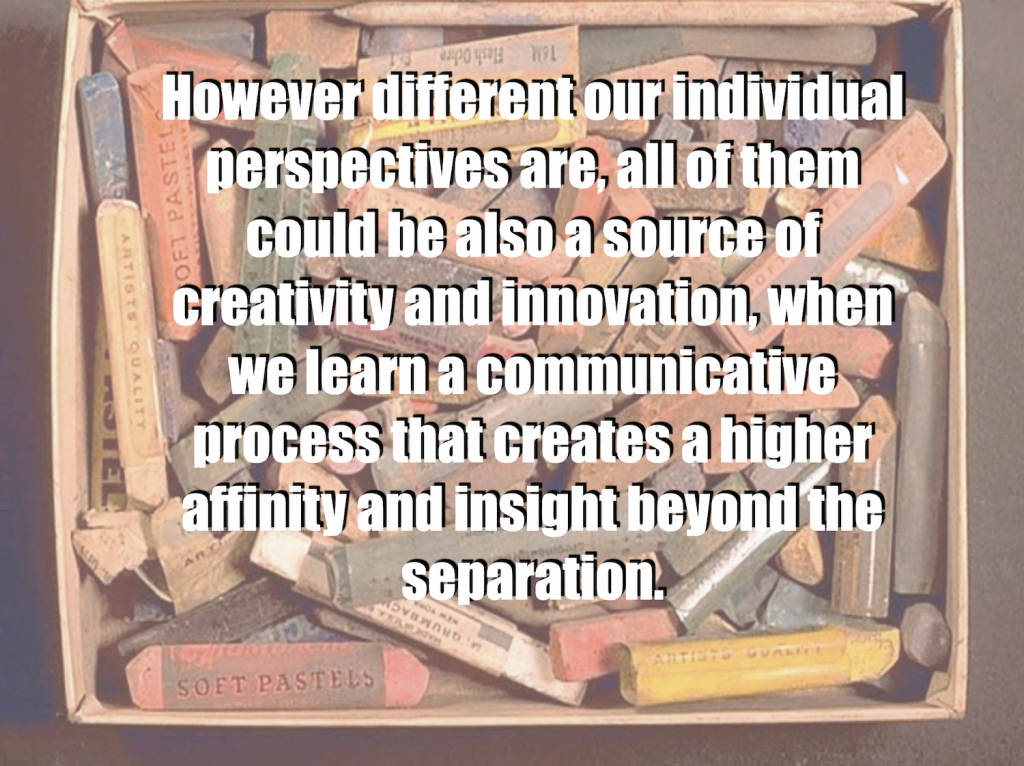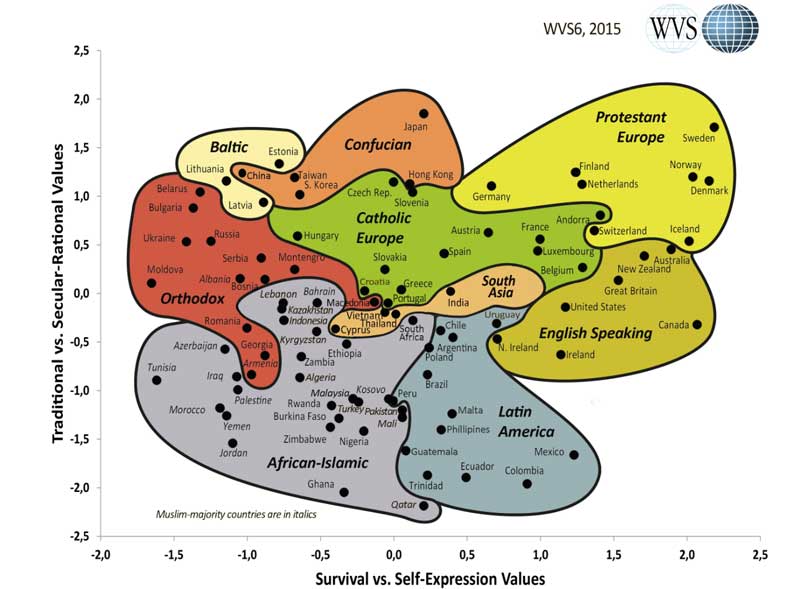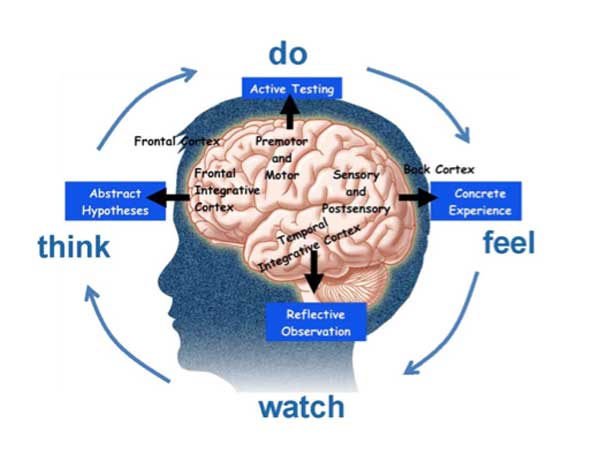Culture Awareness Training
Cultural Awareness becomes central when we have to interact with people from other cultures. People see, interpret and evaluate things in a different ways. What is considered an appropriate behavior in one culture is frequently inappropriate in another one. Misunderstandings arise when I use my meanings to make sense of your reality.
Our Culture Awareness Training provides an understanding of the different cultural rules and behaviours that exist, how we react to these differences and how to avoid misunderstandings to improve business and personal success.
Becoming aware of our cultural dynamics is a difficult task because culture is not conscious to us. Since we are born we have learned to see and do things at an unconscious level. Our experiences, our values and our cultural background lead us to see and do things in a certain way. Sometimes we have to step outside of our cultural boundaries in order to realize the impact that our culture has on our behavior. It is very helpful to gather feedback from foreign colleagues on our behavior to get more clarity on our cultural traits.
Read more on LinkedIn Article: What is Culture Awareness Training?
World Values Survey: The Inglehart-Welzel Cultural Map from www.world valuessurvez.org
Benefits of Culture Awareness Training
Our Culture Awareness Training course will provide you with:
- In-depth cultural awareness and understanding of the impact of cultural differences
- The necessary foundation and tools to become culturally competent
- A better understanding of the cultural challenges facing multicultural workplaces
- The opportunity to enhance cultural sensitivity and competence
- Practical tools to reduce cross-cultural misunderstanding and encourage positive cross-cultural working relationships.

Course Details
Cultural Awareness training provides an understanding of the different cultural rules and behaviors that exist, how we react to these differences and how to avoid misunderstandings to improve business and personal success. Cultural Awareness is the foundation of communication and it involves the ability of standing back from ourselves and becoming aware of our cultural values, beliefs and perceptions.
Training Methods
In our long teaching praxis we recognise that each person prefers different learning styles and techniques. It is why we use a variety different teaching methods to get the same message across and make sure that no one is left out or falls behind. It is our way of making sure that all participants engage with all of the subject content, especially the key concepts and learning points. Our trainings consist of different sessions combining short lectures and practical exercises and involves a great deal of interaction. Simulations and team exercises aim to not only identify, but to fully understand the key differences in cultural behaviour.
In combining cognitive (didactic) and participatory (experiential) learning our relocation course program seeks to introduce to the knowledge, attitudes, and skills needed to live and work successfully in multicultural context.
Our methods chosen by cognitive, affective und creative dimensions of learning here.
Our Intercultural Approach
Our Intercultural Training is a In-House Training available seven days a week, 365 days a year at your offices in any location worldwide. We usually recommend a one or two day course but can also offer a more flexible format to suit your schedule.
The training needs assessment helps us find common training programs for your group of employees. The identification of training needs is the first step in a uniform method of instructional design. We suggest to perform the assessment in form of Personal Analysis. We will start to get to know our participants and their learning needs by sending them a short questionnaire before the start of the training. However the Organizational Analysis, in form of consultation with persons in key positions, and/or with specific knowledge could be also conducted via video conferences or done by phone call, if desirable.
Suitably tailored training materials will be provided and your trainer will provide a balance of structured input and discussion of case studies, critical incidents and scenarios relevant to your own particular context. The most appropriate training format, content and approach for your Intercultural Training course will be discussed during your diagnostic consultancy.
You may be also interested in our related courses
All learning solutions are designed according to who we are training. Some participants need assistance with the new work culture, some prefer help with how to overcome mental challenges, others need to learn how to work in an international team. The finial program depends on earlier collaborative consultations and our training needs assessment results. Bellow possible training proposal.






